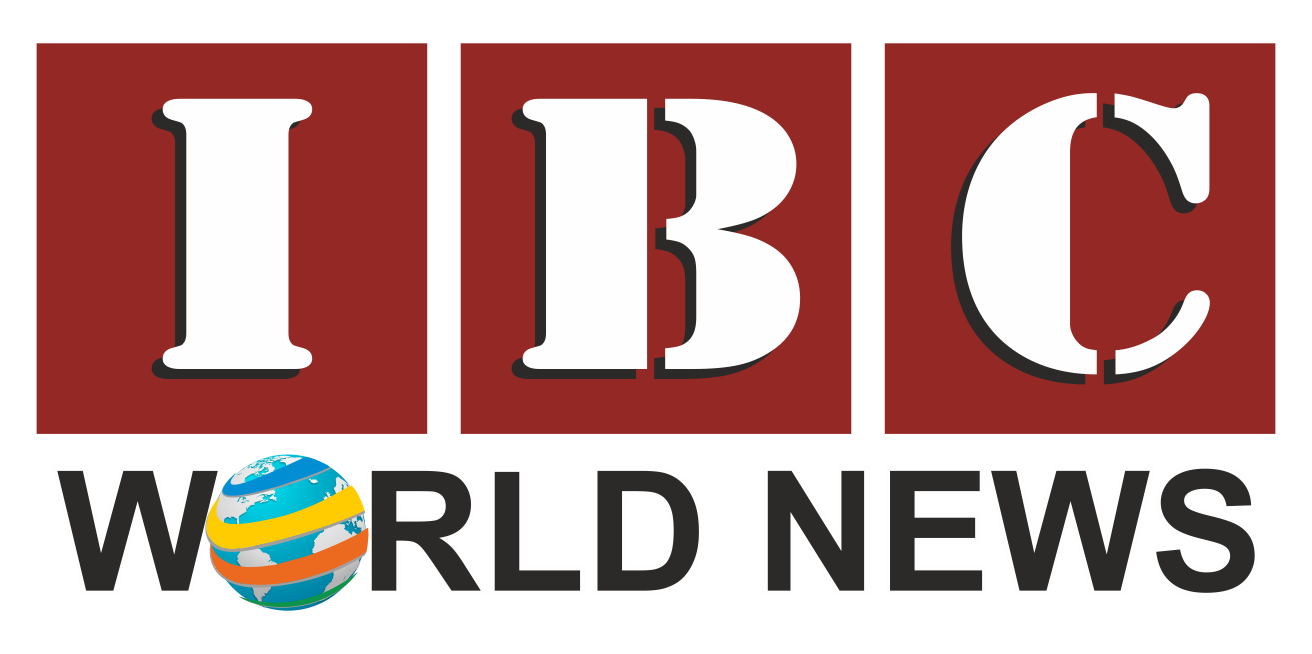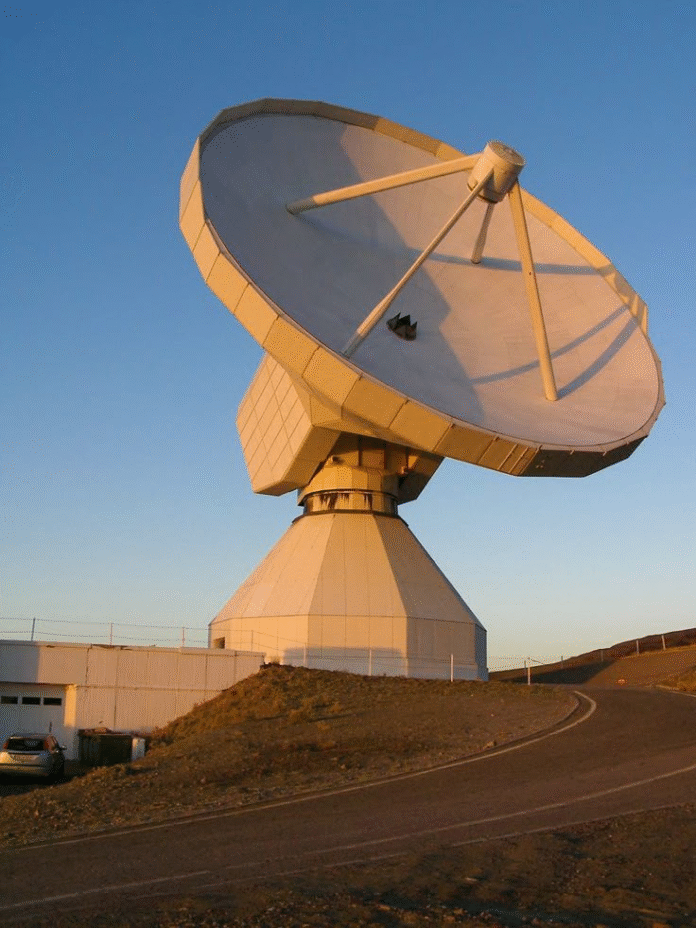Satellites and space technology are no longer just tools for exploring the universe; they are transforming life on Earth in ways we often take for granted. From communication and weather forecasting to navigation and environmental monitoring, space technology has become a vital part of modern civilization. With rapid advancements in satellite technology, data collection, and space exploration, humanity is witnessing a new era of innovation driven by space-based solutions.
Enhancing Global Communication
One of the most significant contributions of space technology is in global communication. Satellites enable real-time communication across vast distances, making internet access possible in remote and rural areas. Companies like Starlink, OneWeb, and Amazon’s Project Kuiper are launching low-Earth orbit (LEO) satellite constellations to provide high-speed internet worldwide. This advancement is bridging the digital divide, allowing even the most isolated communities to access education, healthcare, and economic opportunities.
Revolutionizing Navigation and Transportation
GPS (Global Positioning System) and other satellite-based navigation systems have transformed transportation. Whether it’s finding directions on Google Maps, tracking shipments in logistics, or enabling autonomous vehicles, satellite technology plays a crucial role in location-based services. With improvements in precision and coverage, satellites are now essential for aviation, maritime navigation, and even disaster response operations.
Advancing Weather Forecasting and Disaster Management
Weather satellites help predict natural disasters such as hurricanes, cyclones, and wildfires, allowing governments to take preventive measures and save lives. Earth observation satellites monitor climate patterns, helping scientists study climate change, rising sea levels, and deforestation. Organizations like NASA, ISRO, and ESA use satellite data to track environmental changes, providing crucial insights for disaster preparedness and sustainable development.
Improving Agriculture and Food Security
Space technology is revolutionizing agriculture by providing farmers with satellite imagery and data to monitor crop health, soil conditions, and water levels. Precision agriculture, enabled by satellite-driven insights, allows farmers to optimize irrigation, reduce waste, and increase yields. For example, ISRO’s RISAT satellites help Indian farmers track monsoon patterns and predict drought conditions, ensuring better food security and resource management.
Boosting Scientific Research and Healthcare
Medical advancements are also benefiting from satellite technology. Remote sensing satellites assist in mapping disease outbreaks and tracking environmental factors that affect public health. During the COVID-19 pandemic, satellites helped monitor movement restrictions and assess pollution levels, providing valuable data for scientists and policymakers. Additionally, telemedicine, powered by satellite communication, enables remote diagnosis and treatment, bringing healthcare access to underserved regions.
Supporting Environmental Conservation
Satellites play a crucial role in tracking deforestation, illegal mining, and wildlife movements. Conservationists use satellite imagery to monitor protected areas, detect poaching activities, and analyze changes in biodiversity. For instance, the Copernicus Sentinel satellites provide real-time data to combat deforestation in the Amazon and other critical ecosystems.
Economic and Commercial Growth
The commercialization of space is opening up new business opportunities. Private companies like SpaceX, Blue Origin, and Rocket Lab are reducing the cost of launching satellites, making space more accessible to startups and governments worldwide. Satellite-based industries, including remote sensing, data analytics, and space tourism, are expected to contribute trillions of dollars to the global economy in the coming decades.
The Future of Space Technology on Earth
With advancements in artificial intelligence, miniaturization, and reusable rockets, the future of space technology looks promising. Innovations such as space-based solar power, asteroid mining, and lunar colonization could further impact industries on Earth. Governments and private players are investing heavily in space exploration, not just for scientific purposes but to create new economic frontiers.
As space technology continues to evolve, its influence on Earth will only grow stronger. From improving everyday life to solving global challenges, satellites and space advancements are shaping the future of humanity in ways we are just beginning to understand.



